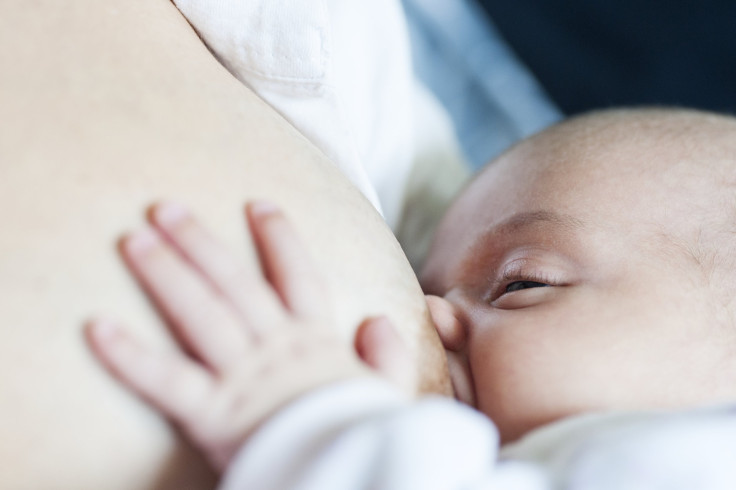Breastfeeding Can Protect Against Asthma Gene's Effect On Respiratory Symptoms, Study Finds

Breastfeeding can help protect infants against respiratory symptoms if they have a genetic profile linked with asthma risk, a new study finds. The research will be presented Sunday at the European Respiratory Society's International Congress.
"Our study is the first to show that breastfeeding can modify the effect of asthma-related genetic profiles on respiratory symptoms in the first year of life," Dr. Olga Gorlanova, from the University Children's Hospital Basel (UKBB), and the University of Basel, Switzerland, said.
A recent study reported that children who possessed genetic variants on chromosome 17q21 -- which is assocated with asthma risk -- had an increased risk of developing wheezing, when combined with certain environmental exposures.
As its already known, environmental factors have a modifying effect on specific genetic risk, and the new study was aimed to find if this could also be true for breastfeeding's affect on specific genes related to asthma with the respect to respiratory symptoms in early infancy.
The study included 368 infants from the Basel-Bern Infant Lung Development birth cohort in Switzerland. In the study, researchers collected data on occurrence and severity of respiratory symptoms, breastfeeding status and genotyping.
According to the study's findings, during the weeks that infants were breastfed, those carrying the asthma risk genotypes had a 27 percent decreased relative risk of developing respiratory symptoms, while those who were not breastfed had an increased risk of respiratory symptoms.
"As research in this field progresses, we are understanding more and more about the gene-environment interaction for the development of asthma. Our study sheds light on how this interaction can be modified by breastfeeding. This is the first time that we were able to show the effect of the 17q21 variants on respiratory symptoms during the 1st year of life, depending on breastfeeding status. Our results must be replicated in another cohort," Dr. Gorlanova said.



























